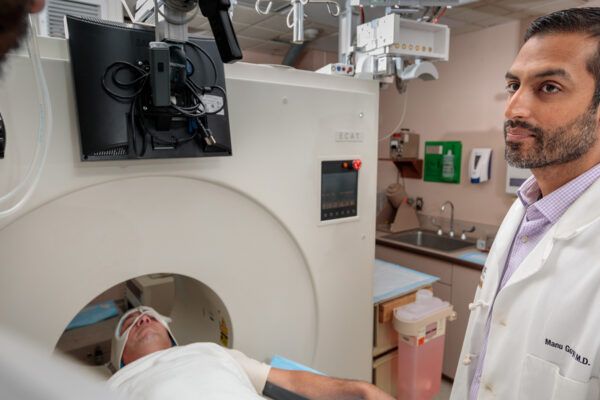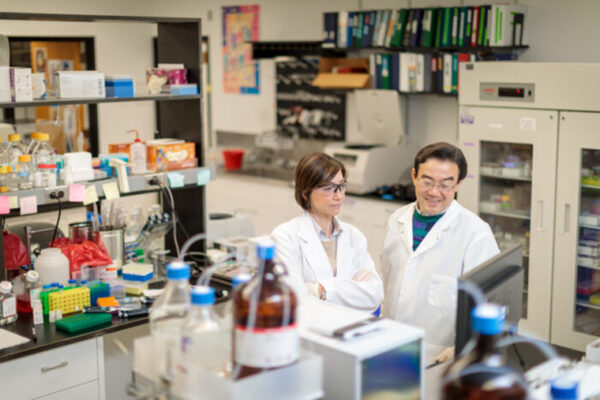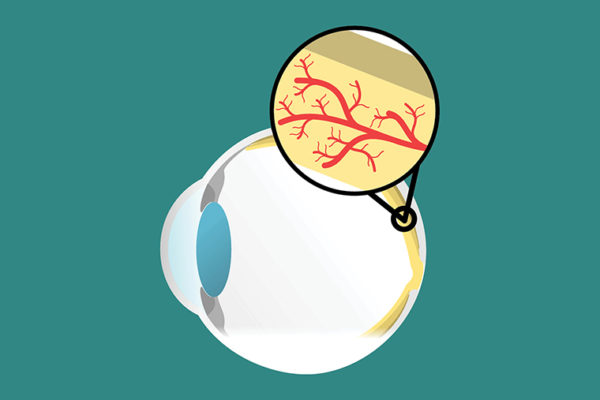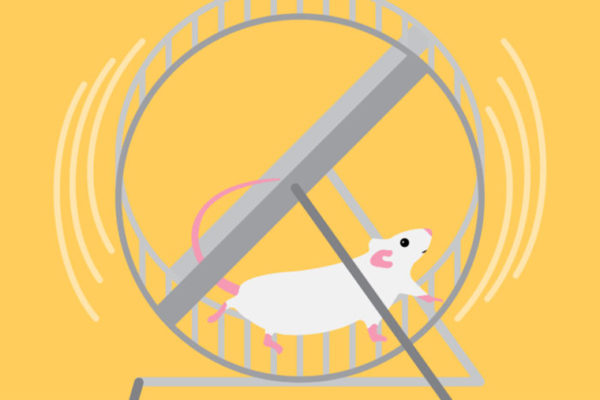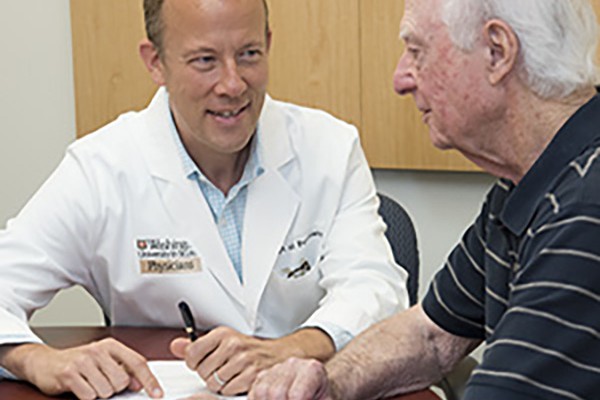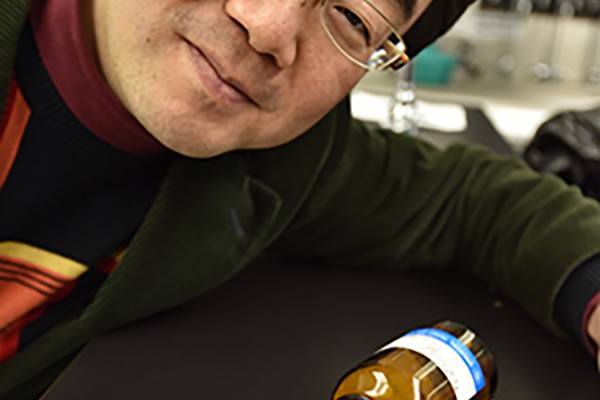Women’s brains appear three years younger than men’s
A new study from the School of Medicine finds that women’s brains appear to be about three years younger than men’s of the same chronological age, metabolically speaking. The findings could be one clue to why women tend to stay mentally sharp longer than men.
Scientists identify new fuel-delivery route for cells
Scientists at the School of Medicine have identified a previously unknown route for cellular fuel delivery, a finding that could shed light on the process of aging and the chronic diseases that often accompany it.
Macular degeneration linked to aging immune cells
New research at the School of Medicine suggests that aging immune cells increase the risk for age-related macular degeneration, a major cause of blindness in the United States.
Improving lives for seniors
Marylen Mann is the founder of OASIS a nationwide program to help seniors remain active and engaged in their communities even after retirement.
Natural compound reduces signs of aging in healthy mice
Scientists at the School of Medicine have shown that supplementing healthy mice with a natural compound called NMN can compensate for a loss of energy production in aging cells, reducing typical signs of aging such as gradual weight gain, loss of insulin sensitivity and declines in physical activity.
Two-drug combo helps older adults with hard-to-treat depression
More than half of older adults with clinical depression don’t get better when treated with an antidepressant. But results from a multicenter clinical trial that included Washington University School of Medicine in St. Louis indicates that adding a second drug — an antipsychotic medication — to the treatment regimen helps many of those patients.
Fat signals control energy levels in the brain
An enzyme secreted by the body’s fat tissue controls energy levels in the brain, according to new research led by Shin-ichiro Imai, MD, PhD, of the School of Medicine. The findings, in mice, underscore a role for the body’s fat tissue in controlling the brain’s response to food scarcity, and suggest there is an optimal amount of body fat for maximizing health and longevity.
Washington People: Nancy Morrow-Howell
Nancy Morrow-Howell, PhD, is a national leader in gerontology, widely known for her work on productive and civic engagement of older adults. She is also the Bettie Bofinger Brown Distinguished Professor of Social Policy at the Brown School, faculty director of productive aging research at the Center for Social Development and director of the Harvey A. Friedman Center for Aging, part of the Institute for Public Health, all at Washington University in St. Louis.
Aging really is ‘in your head’
Researchers have identified the mechanism by which a specific sirtuin protein called Sirt1 (shown in green) operates in the brain to bring about a significant delay in aging and an increase in longevity.
Older adult clumsiness linked to brain changes
For many older adults, the aging process seems to go hand-in-hand with an annoying increase in clumsiness. New research from Washington University in St. Louis suggests some of these reaching-and-grabbing difficulties may be caused by changes in the mental frame of reference that older adults use to visualize nearby objects.
Older Stories
